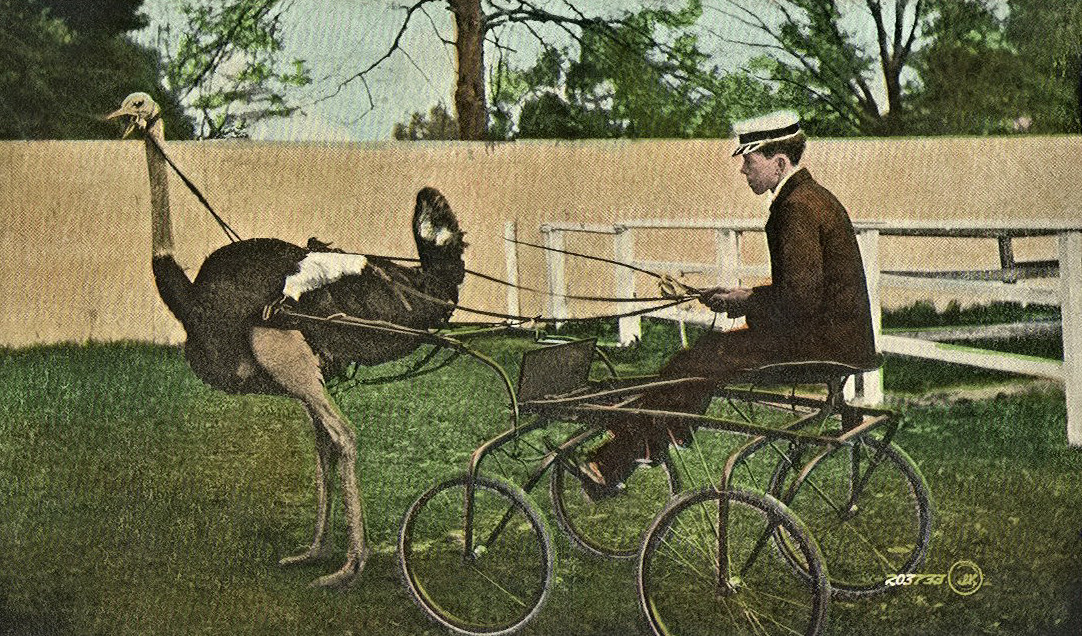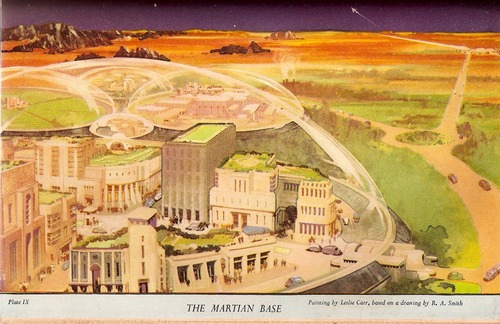Dan Pfeiffer, the outgoing White House communications advisor who planted President Obama between two ferns among other off-center platforms, spoke with Steven Levy at Backchannel about POTUS PR in a time of social media and selfie sticks and the future of such non-traditional communications. He sees a long-tail tomorrow. An excerpt:
Steven Levy:
How do you picture White House communications in the future—what’s your vision of the environment in 2020?
Dan Pfeiffer:
A bigger part of the job for White House government officials will be online engagement. If you’re doing climate change policy in the White House, instead of getting X number of hours a week to meet with the environmental groups, you will be spending time on Twitter, Facebook or whatever the next social platforms are, engaging people who are interested in that topic. You will not be reaching the quantity of people that you would reach by having a big broadcast television interview but the quality of the outreach will be better because you’ll be getting very engaged people who can take action on behalf of the thing you care about.
And I think that—and this one is tricky—a White House will have to have many more resources dedicated to producing content. We have a lot of people around here who write written words—speeches, talking points, press releases—and you will need people who are creating visual, graphical and video images to communicate the same message. It’s tricky because you don’t want to be in a world where it is propaganda. You’re going to have to vet this and give it scrutiny, but there is an insatiable appetite for content out there. Your traditional news outlets don’t have the resources to produce the amount of content that the Internet requires on a 24/7 basis.
There’s this funny thing where it’s like, if we put out a press release, it is accepted as a proper form of Presidential communication. But if we put out a video, that’s somehow propaganda. The mentality is going have to shift [to acknowledge that] a video is just a more shareable, more enjoyable way of communicating the same information as the press release. Everyone is going to have to adjust to that.•




































